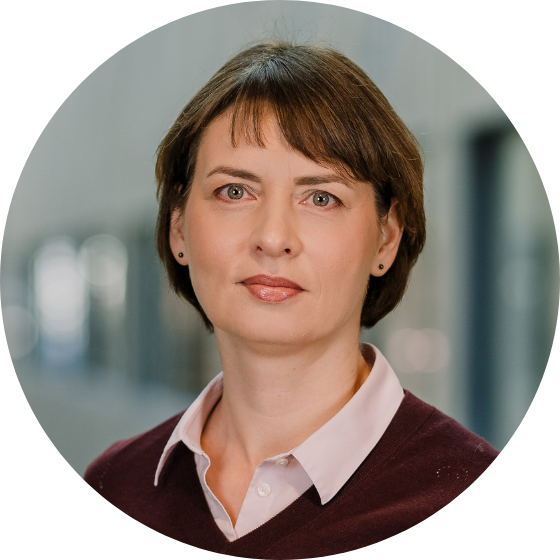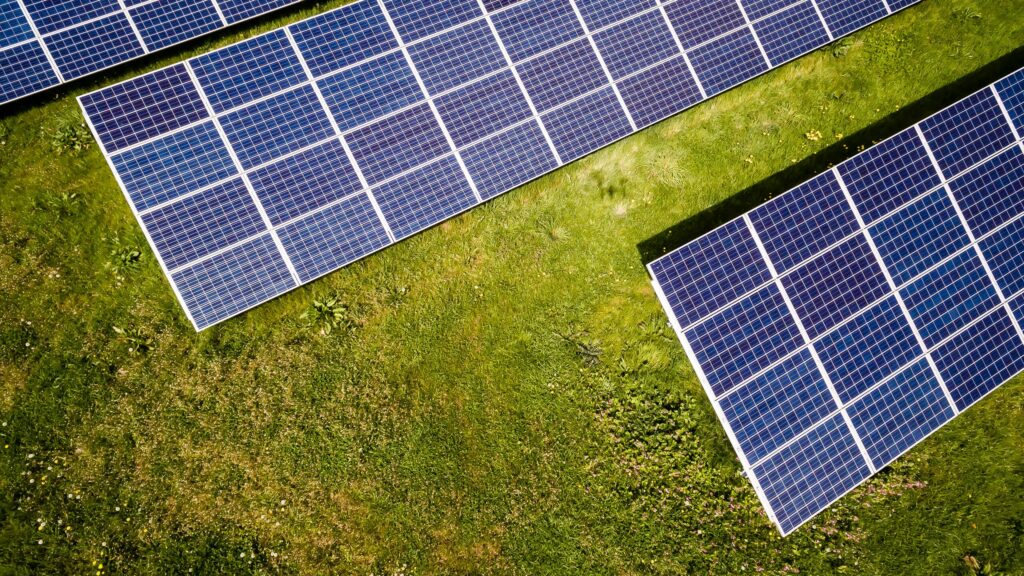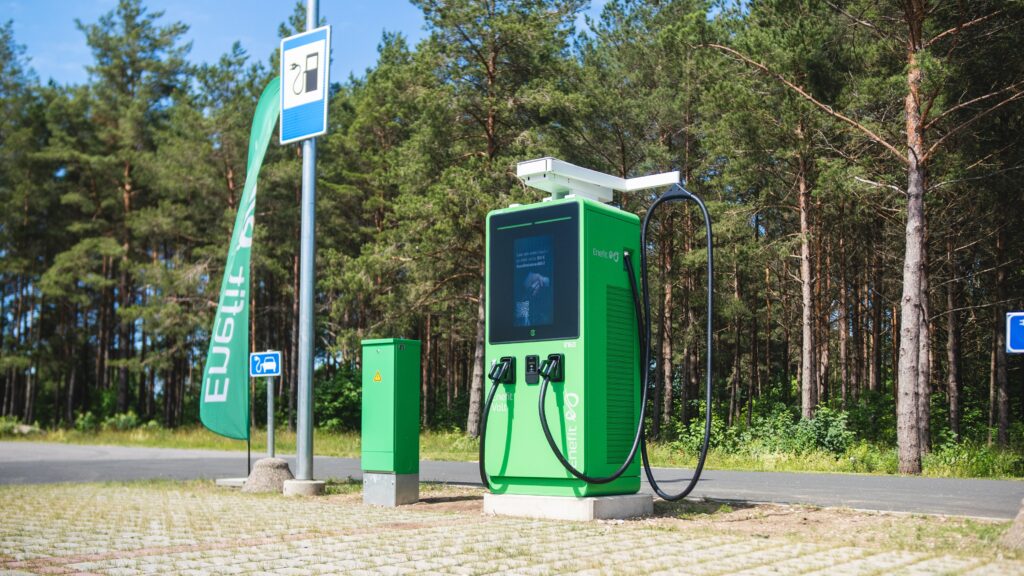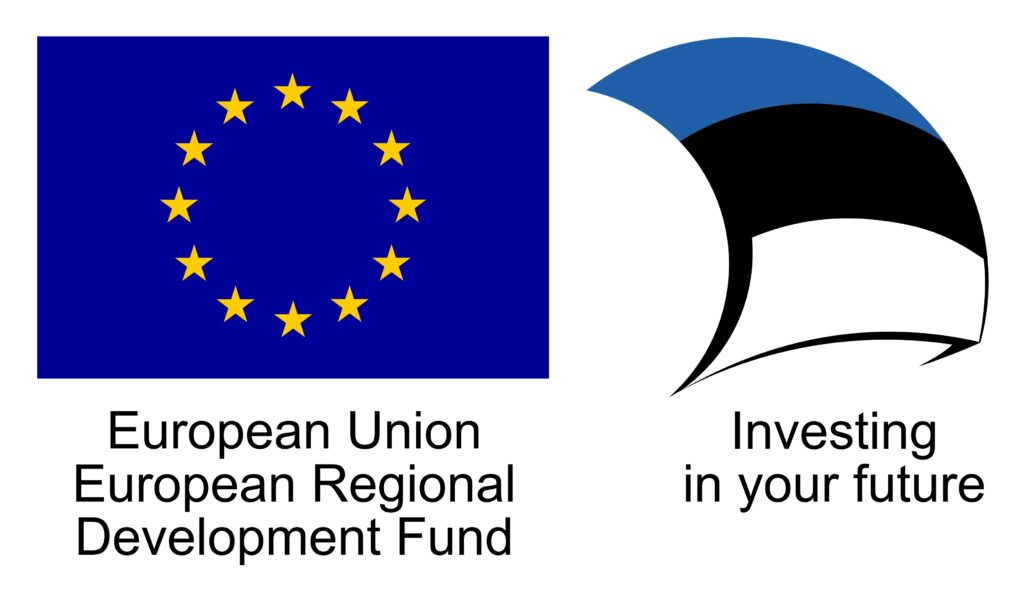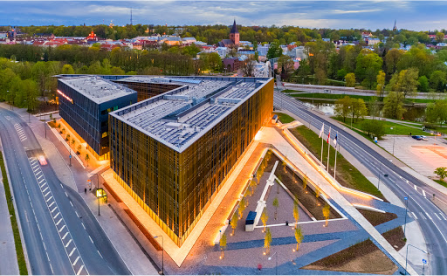Rising energy consumption globally is leading to increased demand for renewable energy sources. Efforts to replace fossil fuels with renewables raise numerous issues – high energy prices, the complexity of selling to the grid for renewable energy producers, and increasing frequency volatility in the grid. This instability is largely caused by the unpredictable nature of wind and solar energy production, which is growing rapidly.
Investing in additional hardware to stabilize the grid frequency caused by green energy is costly. To tackle this issue, European Union is accelerating the pan-European energy market integration to the next level by opening up the flexibility markets.
Flexibility refers to a device’s ability to delay electricity consumption without negatively impacting performance, for example, by allowing an electric car to be charged an hour later or a room temperature to drop by half a degree. This reduces peak energy demand during rush hours, strategic charging during high wind energy production hours, and real-time decision-making based on grid flexibility needs, providing business opportunities for frequency market participants.
Need fine-tuning of algorithms and data models for this game to begin in Baltics? Partner with STACC, experienced in data analytics to secure funding for your development from Enterprise Estonia!

